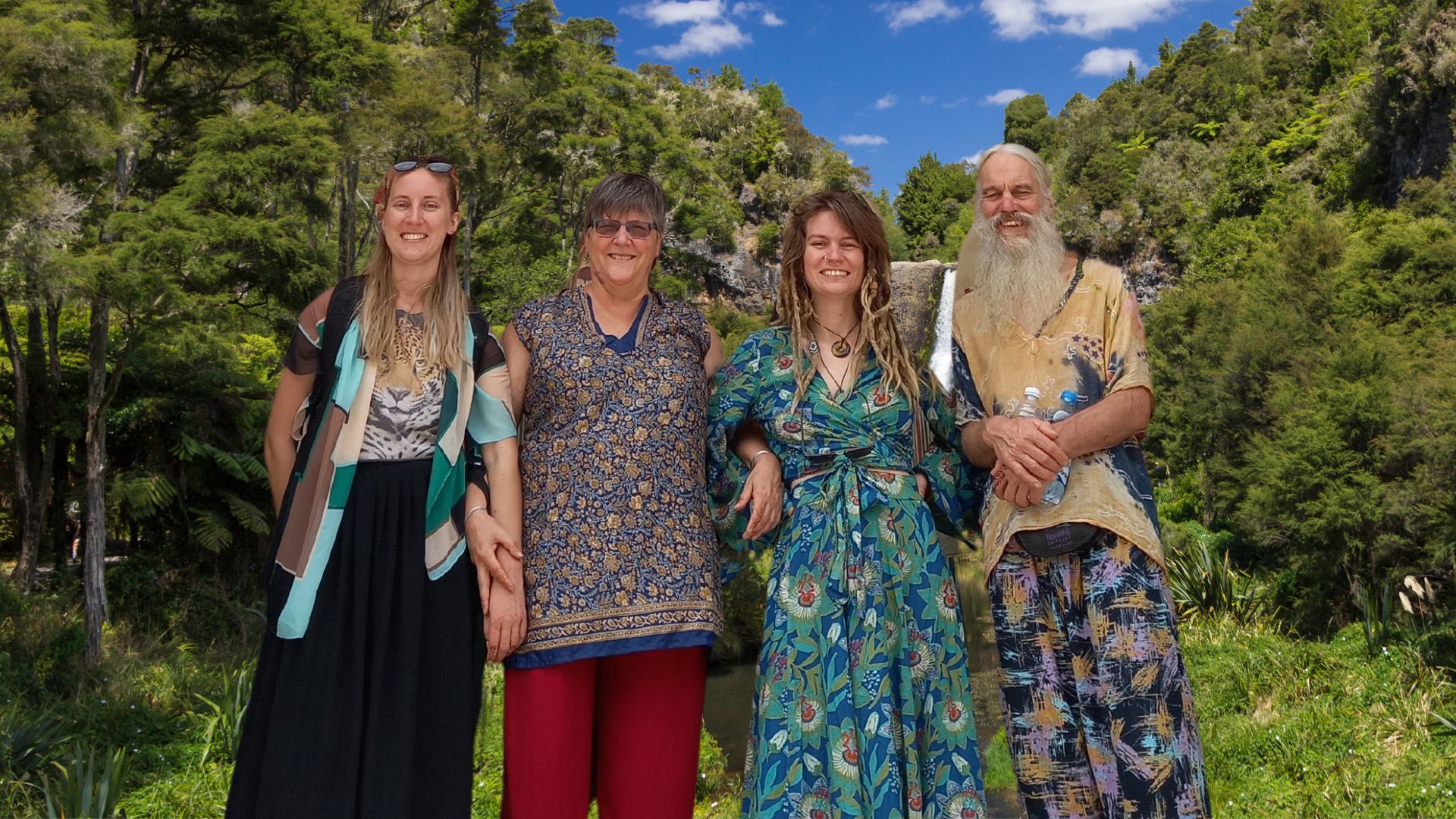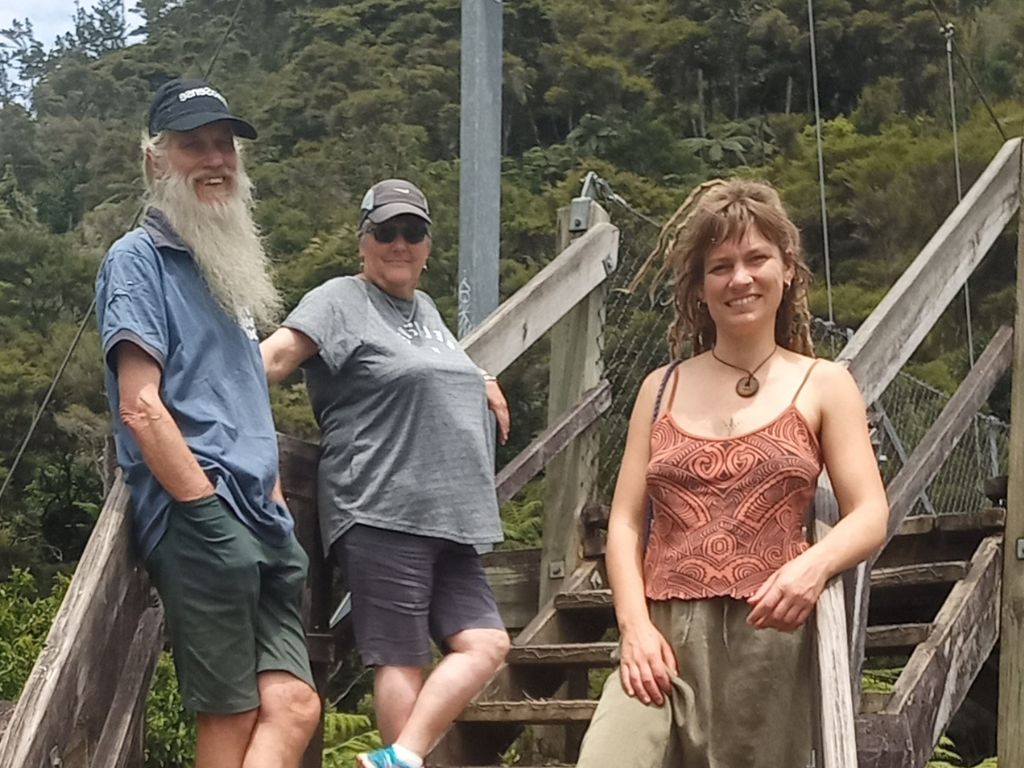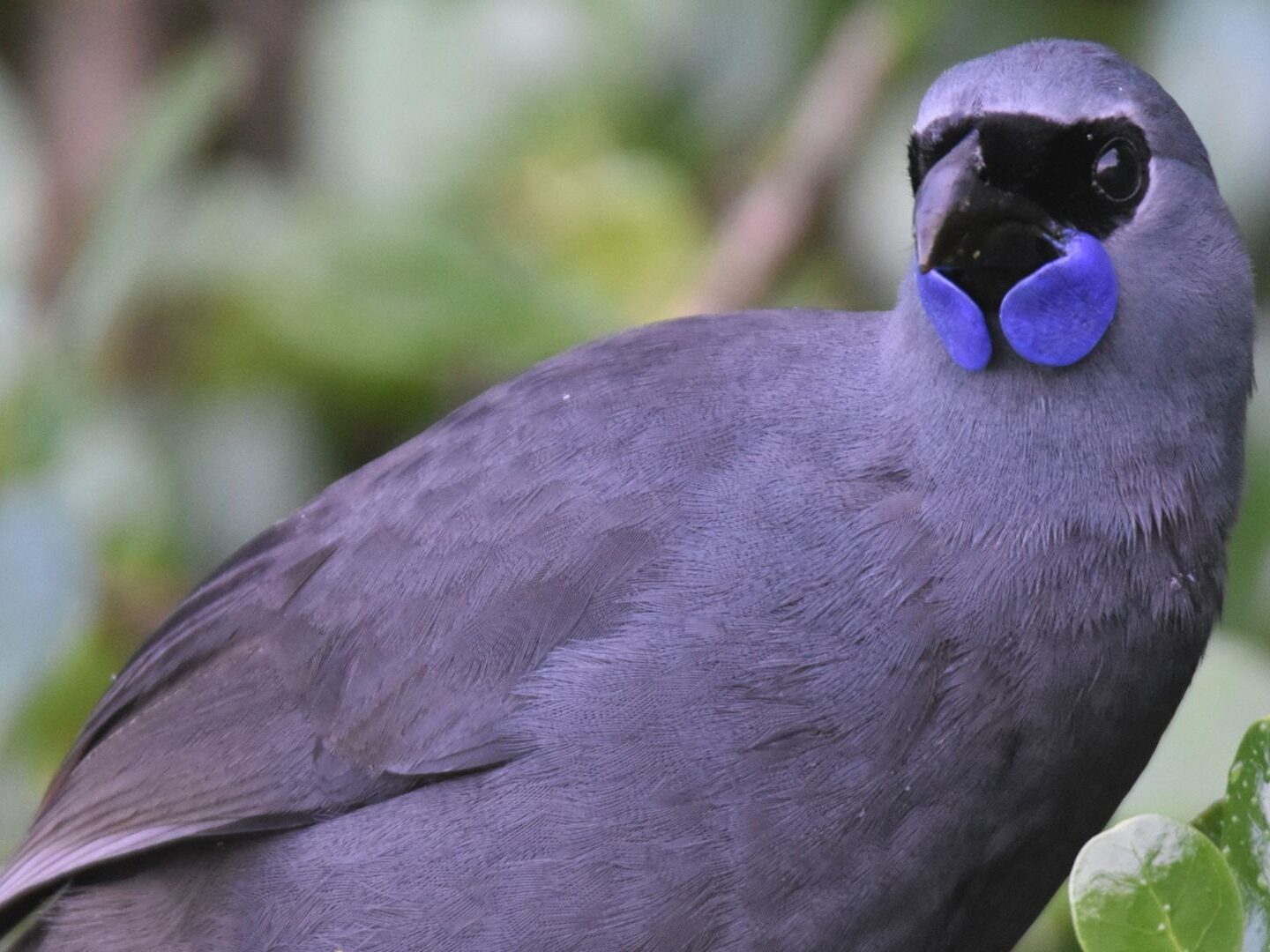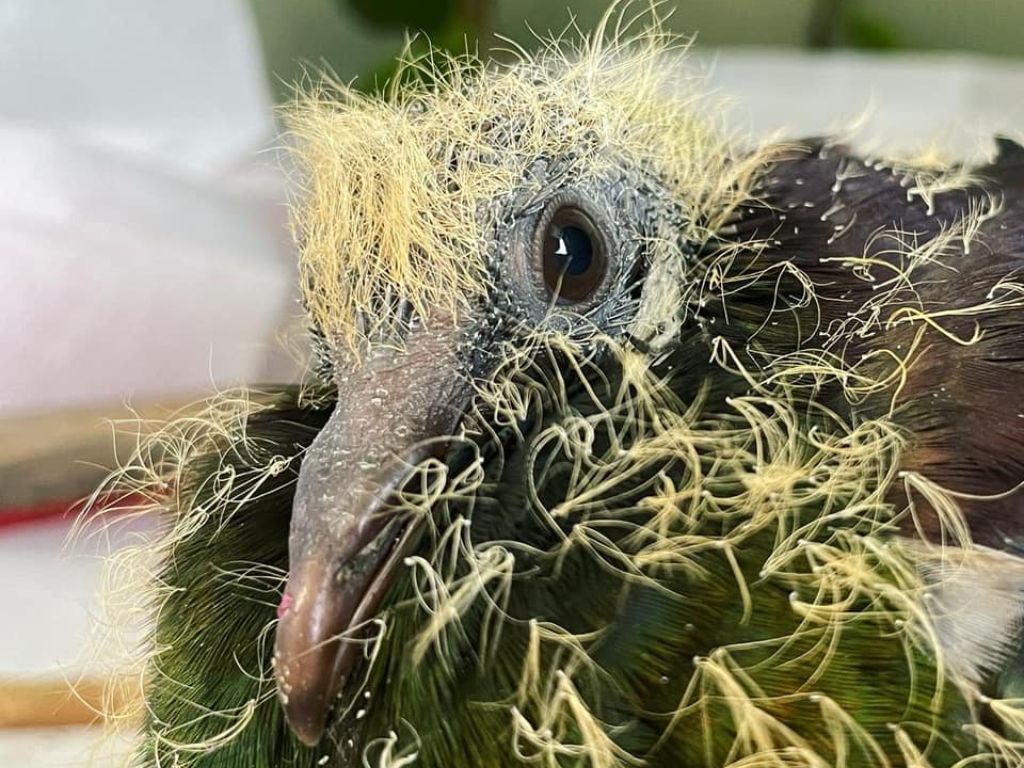The van Heugten family isn’t just another household; they’re a powerhouse for nature, spanning generations. Between them, they run a bird rescue centre, trap predators in the Hūnua ranges, run community groups and volunteer.

Marleen Verhoeven, Willow van Heugten, and their two daughters, Lenny and Melle, have dedicated their lives to protecting our environment and native wildlife.
Marleen runs the DOC-certified Hūnua Bird Life rescue centre, Willow works in predator control in the Hūnua Ranges, Lenny holds several conservation-related roles, including Predator Control Coordinator for Friends of Te Wairoa, and while living in Dunedin, Melle actively volunteers and is interested in waste reduction and recycling.
The seeds of this impressive family legacy were planted many decades earlier and more than 18,000km away.
Marleen and Willow were born in the Netherlands, where their reverence for the wild first bloomed. While travelling Europe, the couple cultivated their deep appreciation of nature.
That only grew when they arrived in New Zealand around 30 years ago.
“We discovered New Zealand on foot and fell in love with Papatūānuku and her creatures,” Marleen recalls.
The pair settled in the idyllic rural Hūnua in Auckland’s southeast among its rugged ranges, meandering Wairoa River, and vibrant birdsong. For Lenny and Melle, it would become their playground.
“When Lenny and Melle were young, we shared conservation experiences, planted trees on Motutapu Island, read books like The Lorax, chose nature-themed toys, recycled, and did pest control on our property,” Marleen explains.
“We didn’t mind when they climbed trees or got dirty.”
The freedom to run wild
Lenny remembers the freedom to explore the family’s 28-acre farm the most.
“This led to a rather wild imagination with various ‘huts’ among the trees, built from whatever Melle and I could find,” Lenny says.
As toddlers, the sisters would accompany their dad as he checked possum traps on their property.
“We were helping to set them as soon as we were strong enough,” Lenny recalls.
It was an upbringing steeped in respect and awe of the natural world. It also led a young Lenny to ponder some big questions.

“One day, I remember asking, ‘Dad, are God and Mother Nature married?’ I’d thought long and hard about this concept, and it made sense at the time. Two highly powerful entities, one portrayed as female and one as male,” she says.
Today, the family’s giving back to the environment that’s been that backdrop to their lives.
Lenny believes she and Melle were destined for lives in conservation.
“Given our upbringing, it just couldn’t be any different,” she says.
“Unless someone like you cares a whole awful lot, nothing is going to get better.”

The family is now helping future generations, hoping to inspire them to take up the conservation cause one day.
“It’s the generation coming through school now that will get us to Predator Free 2050,” Lenny says.
“We’re starting the job, but they’ll need the energy and the passion to see it through.”
Lenny sometimes does school visits to teach children about trap safety and respect for animals.
“Both the ones we’re saving by killing the predators, and for the predators whose deaths should be swift and as painless as possible. No animal deserves to suffer.”
Marleen believes parents can be key to nurturing respect for the natural world outside of the classroom.
“We spoke about conservation without expectations, trying to let them make their own choices and discover the world for themselves.”
‘Making this world a better place’
The opportunity to inspire and empower her community to effectively control predators on their properties through Friends of Te Wairoa is a “dream come true” for Lenny.
It’s also a chance to stay connected with her dad.
“Often when I see him we’re working, so we have a quick catch-up between talking predator control with our communities!”
Friends of Te Wairoa supplies gear, advice, property visits, and education for local property owners. It aims to create a halo of properties bordering the Hūnua Ranges to bolster safe areas for native birds.
So far, about 25 per cent have voluntarily signed up.
The project aspires to restore the mauri (life force) of the Wairoa River, which begins in the Hūnua Ranges, and flows north into the Hauraki Gulf.
“Inspiring people to do good fills my cup, and their enthusiasm motivates me to continue doing what I do,” Lenny says.
Marleen’s love of birds (especially kererū) drives her work and brings the most joy.

“Kererū and other native bird species are essential in protecting our unique and diverse bush and deserve all the help they can get,” she says.
“I’m immensely proud of our whānau,” Marleen says.
“I hope that together, and in our small way, we’re making this world a better place.”

